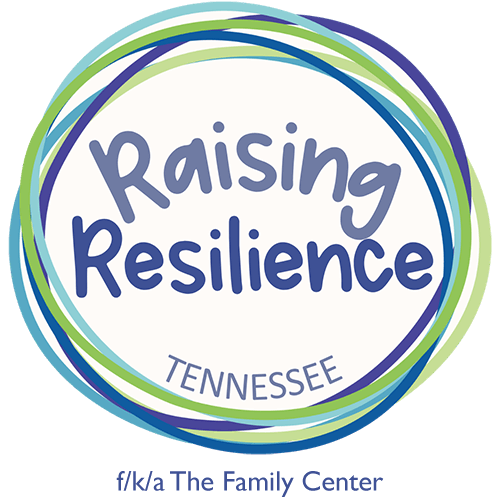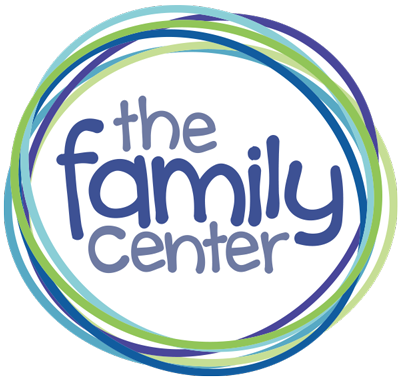Some of the most troubling images of the opioid crisis involve parents buying or using drugs with their children in tow. Now new research offers a glimpse into the addicted brain, finding that the drugs appear to blunt a person’s natural parenting instincts.
Researchers at the Perelman School of Medicine at the University of Pennsylvania scanned the brains of 47 men and women before and after they underwent treatment for opioid dependence. While in the scanner, the study subjects looked at various images of babies, and the researchers measured the brain’s response. The brain scans were compared with the responses of 25 healthy people.
What the study subjects didn’t know was that the photos had been manipulated to adjust the “baby schema,” the term used to describe the set of facial and other features like round faces and big eyes that make our brains register babies as irresistible, kicking in our instinct to care for them. Sometimes the babies’ features were exaggerated to make them even more adorable; in others, the chubby cheeks and big eyes were reduced, making the faces less appealing. Studies show that a higher baby schema activates the part of the brain called the ventral striatum, a key component of the brain reward pathway.
Compared with the brains of healthy people, the brains of people with opioid dependence didn’t produce strong responses to the cute baby pictures. But once the opioid-dependent people received a drug called naltrexone, which blocks the effects of opioids, their brains produced a more normal response.
“When the participants were given an opioid blocker, their baby schema became more similar to that of healthy people,” said Dr. Daniel D. Langleben, one of the researchers. “The data also raised in question whether opioid medications may affect social cognition in general.”
The study, among the first to look at the effects of opioid dependence and how its treatment affects social cognition, was presented last month at the European College of Neuropsychopharmacology Congress in Vienna. While the study was small, addiction researchers say it provides insights into the parenting behavior of addicts.
Recently, a number of startling images have shown opioid addicts putting children at risk. A photo posted by the police in East Liverpool, Ohio, shows two parents passed out in the front of a car as their 4-year-old sits in the back seat. A video shows a young mother who had overdosed lying unconscious on the floor of a store in Lawrence, Mass., as her 2-year-old cried and tugged at her arm.
Kimberly Renk, a psychologist and the director of the Understanding Young Children and Families laboratory and clinic at the University of Central Florida, said this study and other research addresses whether the neurocircuitry responsible for a parent’s attachment to children is the same involved when parents use opioids.
“There are definitely competing interests going on,” said Dr. Renk, who was not involved in the study. “This finding lends credence that the neurocircuitry is overlapping when it comes to parenting and opioid dependence. That’s an important piece of information.”
Dr. Sharon Levy, the director of the Adolescent Substance Abuse Program at Boston Children’s Hospital, described the study as a “brick in the wall of continuing efforts to understand the brain and the impacts of drug use on the brain. It makes a contribution to refine our understanding.”
Tracey Helton Mitchell, a recovering addict and the author of the memoir “The Big Fix: Hope After Heroin,” said the drugs affected the bonds a parent felt for a child.
“Being on opioids makes you feel disconnected not only from children but all people,” she said. “I just felt disconnected to them, as if the opioids had built a wall between me and them.”
Ms. Helton Mitchell, who has not used drugs for 18 years, frequently gives talks about her experiences with addiction and the effects it can have on parenting.
“When I talk to parents, there is a certain amount of caution about opioids and parenting, but part of the reason for seeking out opioids is to provide relief to their painful connection to the world around them,” she said. “Even when you factor kids in, it’s hard to turn on and off the need to find a way to deal with the emotional distress.”
About nine million American children lived with at least one parent who was dependent on or abused alcohol or an illicit drug in the previous year, according to a 2009 report by the Substance Abuse and Mental Health Services Administration. According to statistics provided by the National Child Abuse and Neglect Data System in 2014, 29 states reported that an average of 17.9 percent of child fatalities were associated with a caregiver who had a risk factor of drug abuse.
Both Dr. Renk and Dr. Levy stress that addiction is extremely tough to beat and that along with help for addicted parents, empathy from the public is also necessary.
“Mistreatment of drugs and other substances is probably one of the most difficult things people face,” Dr. Renk said. “The addiction is just so great it drives everything else out.
“Most people don’t understand the struggle of dealing with addiction,” she added, “and people lose sight that the people who have these issues are still human.”
Dr. Levy notes that while this is not the first time the United States has faced a drug epidemic, this is the first time that addiction is being seen as a medical problem that can and should be treated in medical care settings.
“Someone who is not getting high on opioids and has not lost control of behaviors is going to do a better job parenting her child,” Dr. Levy said.
Correction: October 14, 2016An earlier version of this article misstated the number of children who live with at least one parent who abuses or is dependent upon drugs or alcohol. It is about nine million, not 70 million.



